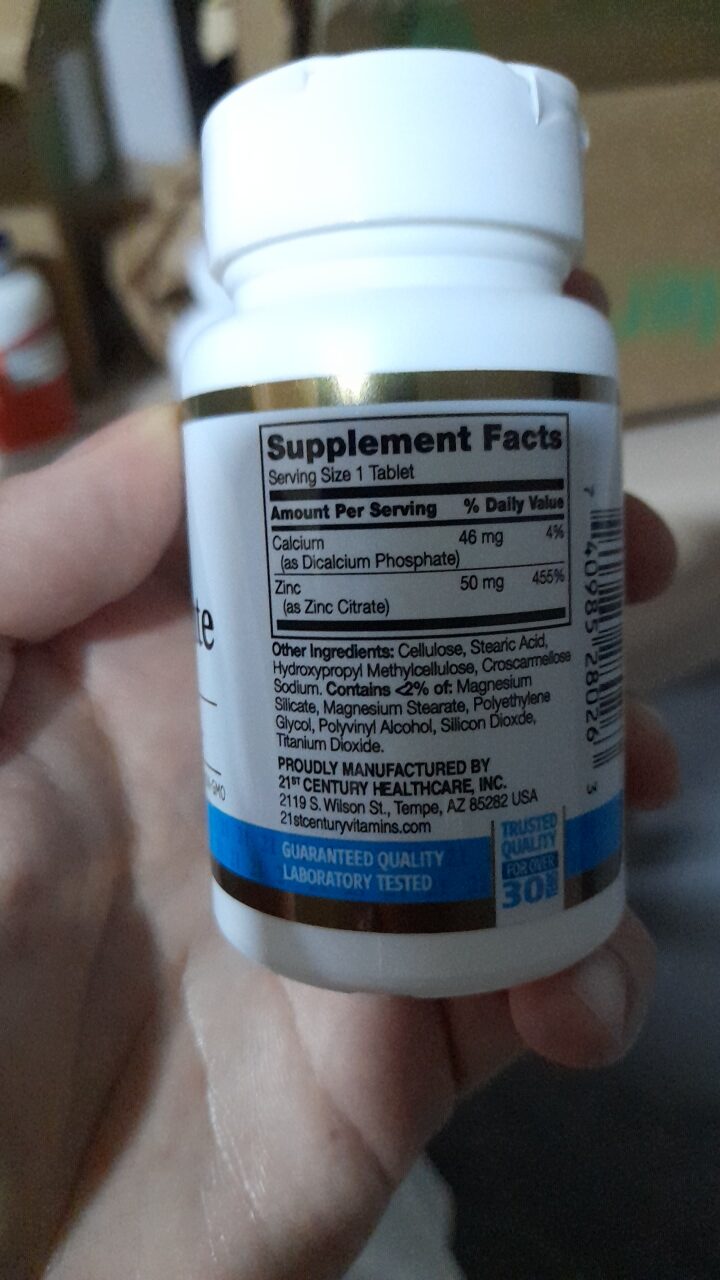
Barcode: 740985280263
Supplement
HALAL
📝 Reason: The product is considered Halal as it does not contain any Haram ingredients or E-codes. Ingredients with doubtful status due to potential animal origin without Halal certification do not automatically render the product Haram but warrant further verification for strict Halal compliance.
🏷️ Category: Supplements
📄 Certificates: Guaranteed Quality, Laboratory Tested, 30, Trusted Quality, Vegetarisch, Vegan
Ingredients:
Details
Understanding the Halal Status of the Supplement
The Supplement is classified as Halal due to its formulation, which does not include any ingredients that are Haram (forbidden) according to Islamic dietary laws. This is an important consideration for many consumers looking to maintain their dietary practices. Let’s dive deeper into the specific ingredients and why they contribute to the Halal status of the product.
Ingredients Overview
The Supplement contains several key ingredients:
- Calcium
- Dicalcium Phosphate
- Zinc
- Zinc Citrate
- Cellulose
- Stearic Acid
- Hydroxypropyl Methylcellulose
- Croscarmellose
- Magnesium Stearate
- Polyethylene Glycol
- Polyvinyl Alcohol
- Silicon Dioxide
- Titanium Dioxide
Detailed Ingredient Analysis
1. Calcium
Calcium is a mineral that is generally considered Halal. It’s commonly used in supplements for its important roles in bone health and various bodily functions.
2. Dicalcium Phosphate
This is a mineral compound, which is also typically deemed Halal. It serves as a dietary supplement and is often added to health products for its nutritional benefits.
3. Zinc
Zinc, another mineral included in this Supplement, is generally recognized as Halal and plays a crucial role in immune function and cellular metabolism.
4. Zinc Citrate
Similar to zinc, zinc citrate is considered Halal. It is known for its improved absorption compared to standard zinc supplements.
5. Cellulose
Cellulose, derived from plants, is a Halal substance commonly used as a binding agent in supplement formulations.
6. Stearic Acid
Stearic acid’s Halal status can be ambiguous as it can have plant or animal origins. In the absence of Halal certification, its status is considered doubtful.
7. Hydroxypropyl Methylcellulose
This plant-derived compound is typically recognized as Halal and is used primarily for its role as a thickener or emulsifier.
8. Croscarmellose
Croscarmellose is another plant-derived ingredient deemed Halal, often utilized as a disintegrant in tablets and capsules.
9. Magnesium Stearate
Like stearic acid, magnesium stearate can also be of plant or animal origin, making its Halal status doubtful without specific certification.
10. Polyethylene Glycol
Generally considered Halal, polyethylene glycol is a synthetic compound that serves various purposes in supplements, including acting as a binder.
11. Polyvinyl Alcohol
This synthetic polymer is also considered Halal and is utilized in various applications, including as a coating or film-forming agent.
12. Silicon Dioxide
Silicon dioxide, a mineral, is generally deemed Halal and is commonly employed as an anti-caking agent.
13. Titanium Dioxide
Lastly, titanium dioxide is a mineral frequently found in supplements, and it is also regarded as Halal.
Conclusion
Overall, the Supplement is classified as Halal due to its formulation, which consists of ingredients that predominantly hold a Halal status. However, it’s important to note that certain ingredients like stearic acid and magnesium stearate may need further verification for strict Halal compliance, particularly regarding their source. Therefore, individuals rigorously adhering to Halal standards should conduct due diligence regarding the sources of ingredients that have doubtful status. This product is backed by certificates indicating guaranteed quality, with ‘Trusted Quality’ assurance, making it a reliable choice within the Supplements category.
